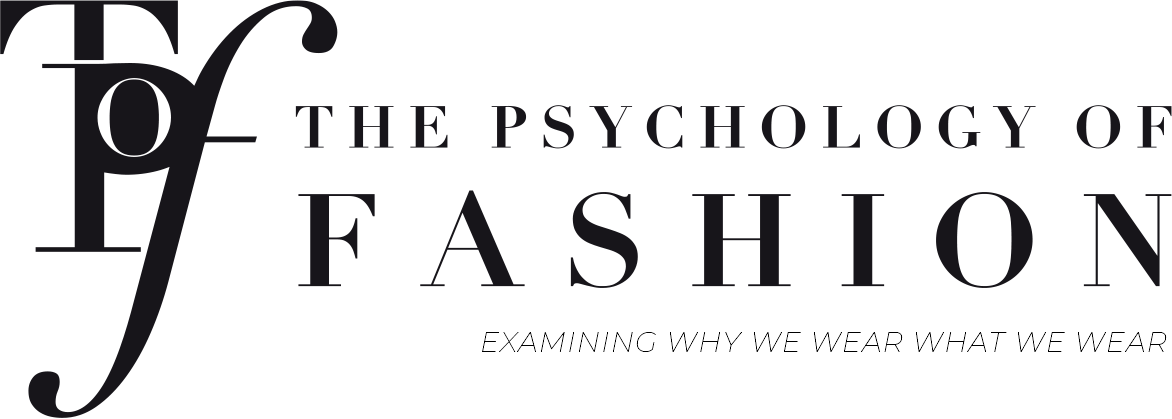This past week, I’ve been thinking more about frozen foods than I have about summer shoes - a priority shift I didn’t foresee coming into 2020. While nothing has changed too much in my day-to-day, the glaring pause created in everyone’s life plans, due to Coronavirus, has become hard to ignore. Personally, it’s impacted my ideas of where I’ll be or what I’ll be wearing in the near future, as school closes down and regions become quarantined. Paris weekend trip cancelled, and forget the jaunt to my hometown, LA. Even local plans and gatherings have become restricted, and any looks put together are stowed away, until Covid-19 is a thing of the past.
What I’ve noticed about the Coronavirus, besides the economy carnage, is that the desire to shop has been depleted as a result of consumers, myself, friends and colleagues included -running low on positive anticipation. With plans cancelled, there’s not much to look forward to, beyond the next Netflix binge. The feeling of anticipation mixed with excitement, is known to elevate our perceptions about the future and make us feel good about, say, purchasing that faux fur sleeveless gilet to wear out in the Left Bank or buying a feather-embellished dress to wear on your birthday. When we’re bereft of anticipation, the psychological motivation to buy is altered. This is especially so now, when, for most of us, our unconscious behavior is being guided by survival instincts that tell us to focus only on the essentials – hence the toilet paper craze – and to brace ourselves for an uncertain tomorrow.
At a time of crisis, one is forced to decide on what they value most, usually in a small amount of time. This logic can be applied to society as a whole just as easily as an individual. And in light of the Coronavirus, we’ve been given a new lens with which to understand consumer behavior in real time. This is gauged through monitoring the perceptual of value for fashion and luxury, as they have dropped as feelings of discomfort and fear have risen on an international scale. People don’t want to risk contamination by shopping at malls or brick-and-mortar stores, and they may experience feelings of guilt or shame for even musing about shopping now; reading the desire as an indication of being insensitive or out-of-touch with the world around us. It’s just all so jarring.
Moving forward, the big question for marketers in the fashion industry revolves around reactivating the idea of fashion during a time of a crisis. Whether that be in campaigns around utilitarian styles, like Petit Pli, whose fabric will grow with an infant for their first four years of life, or investing in weather-adaptable fabrics, like merino wool. Fashion in the 2020s, already leaning towards space-agey, will most likely include larger silhouettes that are designed to protect our bodies with robust fabric or feature collections that are centered around durability. Our health and safety are obviously always going to be the chief concern, but it would be beneficial for us to remember that the expression and imagination that is inherent to fashion is a valuable coping mechanism for difficult times.
It’s hard to imagine the post-Coronavirus era, because we don’t know when that will be. However, in many ways, the virus is creating anticipation for normal life to return. It’s clear that the longer the break from life goes on, the more we are going to want to participate in it after the pause is over. Just wait for it. For now, we can use this elongated gap as an opportunity to be there for our loved ones and to get in touch with ourselves; to reaffirm values and better imagine who we want to be and what we want to be wearing when this is over.











As news of PSYKHE’s launch spreads, The Psychology of Fashion and PSYKHE’s founder Anabel Maldonado sat down with editors at Forbes and WWD to discuss the platform, the journey and why the world needs personalization powered by AI and psychology.